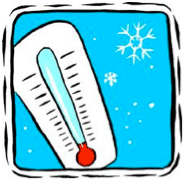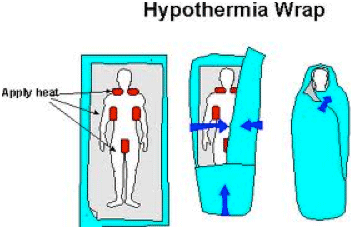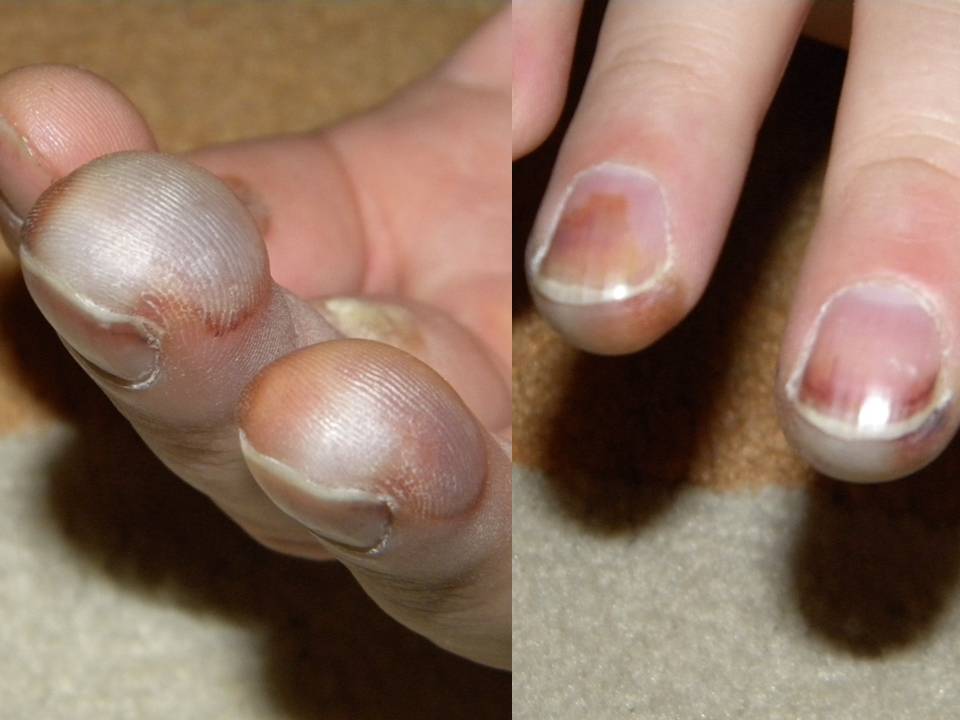Cold Weather Emergencies
Serious health problems can result from prolonged exposure to the cold. The most common cold-related problems are hypothermia and frostbite.

Hypothermia
- When exposed to cold temperatures the human body begins losing heat faster than the body can produce it.
- Prolonged exposure can deplete the body’s stored energy and this can result in hypothermia.
- Hypothermia is when someone has an abnormally low body temperature.
- Low temperature may make it hard to think clearly or move well.
- A victim may not realize they even have hypothermia until it is too late.
- If body temperature falls below 95 degrees, it is a medical emergency. Get medical attention immediately.
Warning Signs of Hypothermia
Adults
- Shivering
- Confusion
- Memory loss
- Slurred speech
- Drowsiness
Infants
- Bright red skin
- Low energy

If medical care is not available
- Get the victim into a warm room or shelter
- Remove any wet clothing
- Warm the body by any means available
- Warm beverages can help to increase body temperature
- Get medical attention ASAP
Frostbite
- Frostbite is an injury to the body caused by freezing
- Frostbite causes a loss of feeling and color in the nose, ears, cheeks, chin, fingers or toes
- Can permanently damage the body and severe cases can result in amputation
- Seek medical attention immediately if you think you have frostbite

Warning signs of frostbite
- A white or grayish-yellow skin area
- Skin that feels unusually firm or waxy
- Numbness
What to do:
- Get into a warm room ASAP
- Immerse affected area in warm water
- Do not rub or massage the affected area
- Do not use a heating pad, heat lamp, or stove. This can cause burns due to lack of sensation
Both frostbite and hypothermia are serious emergencies. Please be cautious when venturing out into the elements.